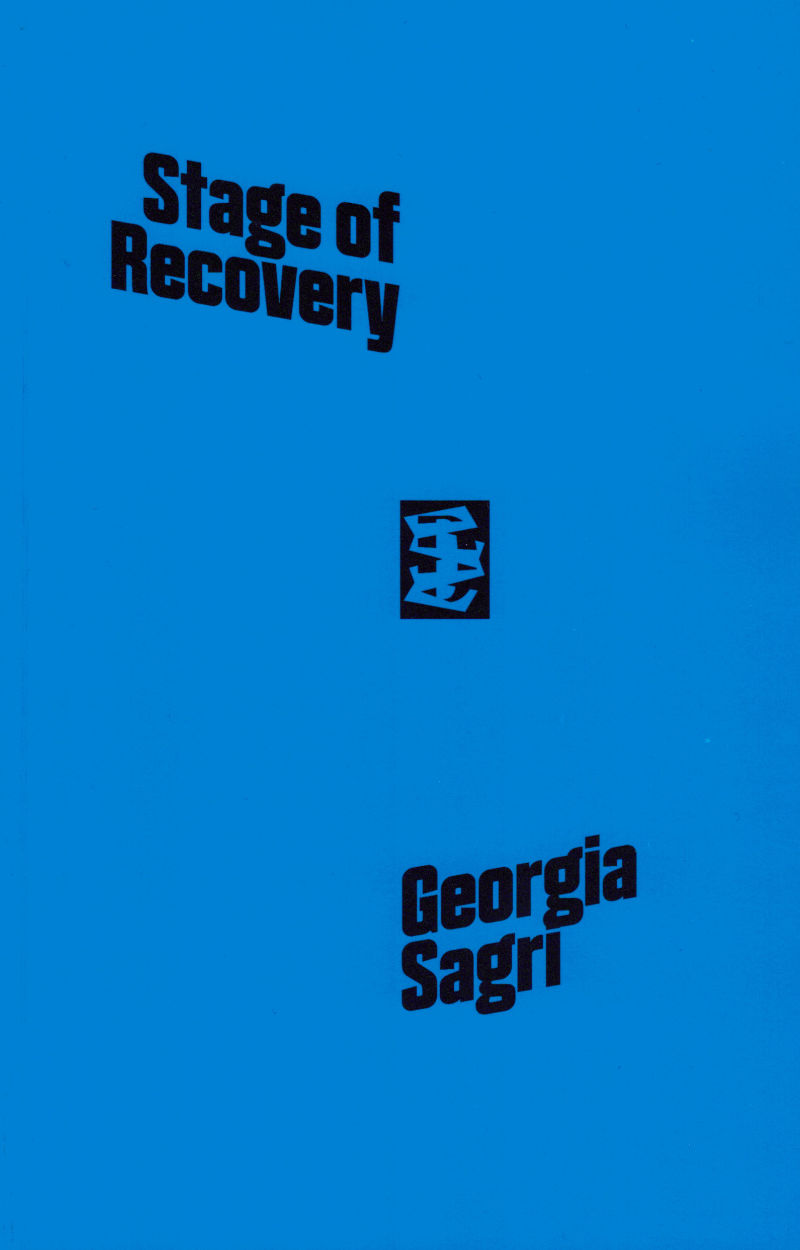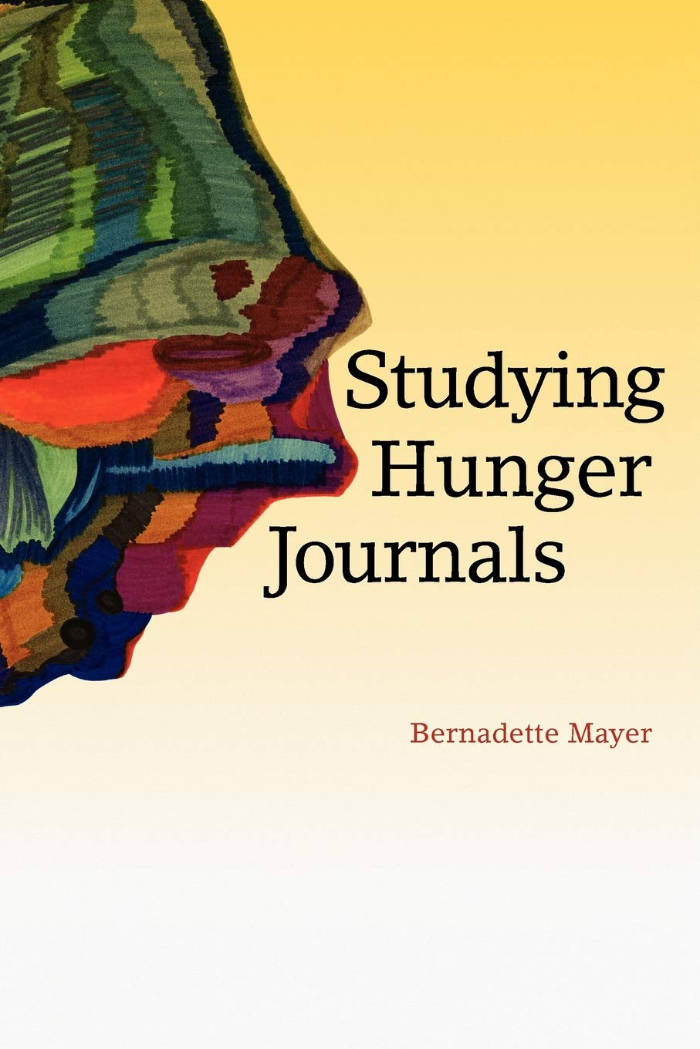
You Were Born For This
In her first book You Were Born For This, Chani shows how your birth chart—a snapshot of the sky at the moment you took your first breath—reveals your unique talents, challenges, and opportunities. Fortified with this knowledge, you can live out the life you were born to. Marrying the historic traditions of astrology with a modern approach, You Were Born for This explains the key components of your birth chart in an easy to use, choose your own adventure style. With journal prompts, reflection questions, and affirmations personal to your astrological makeup, this book guides you along the path your chart has laid out for you.
Chani makes the wisdom of your birth chart accessible with three foundational keys:
- The First Key: Your Sun (Your Life's Purpose)
- The Second Key: Your Moon (Your Physical and Emotional Needs)
- The Third Key: Your Ascendant and Its Ruler (Your Motivation for Life and the Steersperson of Your Ship)
Astrology is not therapy, but it is therapeutic. In a world in which we are taught to look outside of ourselves for validation, You Were Born for This brings us inward to commit to ourselves and our life's purpose.
Language: English




